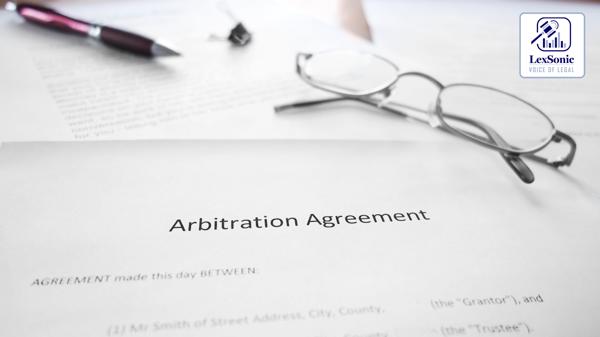Balancing Justice and Procedure: Insights from a Recent Delhi High Court Arbitration Case.
05 July 2024
Arbitration Law >> Business & Commercial Law
In a noteworthy decision concerning arbitration disputes, the Delhi High Court recently addressed an application for condonation of a 28-day delay in the re-filing of a petition challenging an arbitral award. This case provides crucial insights into the complexities surrounding timely filings under the Arbitration and Conciliation Act, 1996.
Case Background:
The dispute originated from an arbitral award passed on April 27, 2023. The initial petition was filed on July 24, 2023, and was re-filed shortly thereafter, well within the statutory 90-day period for challenging the award. However, the Registry raised multiple defects during the re-filing process, delaying the ultimate registration of the petition until September 12, 2023.
The applicant subsequently sought condonation for the delay, arguing that the defects pointed out were not substantial enough to invalidate the initial filing.

Key Defects and Legal Arguments:
The defects identified by the Registry included:
Lack of signatures on each page of the pleadings.
Unfilled blanks in the statement of truth.
Missing one-time process fee.
Failure to serve a fresh notice of motion after a lapse of three days.
The respondent’s counsel contended that these defects rendered the initial filing "non est," or invalid, thus pushing the timeline for filing beyond the allowable period. They cited precedents, emphasizing the importance of complete and timely filings in arbitration proceedings.
Court’s Analysis:
The Court emphasized that while the defects raised were notable, they did not reach the threshold of being "fundamental" as defined in prior case law. Specifically, the Court noted that the defects were curable and that the initial petition did not lack essential components such as a prayer clause or the impugned award itself.
Referencing the judgment in Oil and Natural Gas Corporation Ltd. v. Joint Venture of Sai Rama Engineering Enterprises, the Court clarified that the presence of some defects does not inherently invalidate a filing unless they collectively suggest a mala fide attempt to circumvent limitations.
Ruling and Implications:
Ultimately, the Court allowed the application for condonation, asserting that dismissing the petition on such grounds would amount to a miscarriage of justice. The Court adopted a more lenient approach towards re-filing delays compared to initial filings, recognizing the need for flexibility in procedural compliance.
This ruling reinforces the principle that while adherence to deadlines is critical, courts may exercise discretion to condone minor delays in the re-filing process, particularly when the initial filing is made within the statutory timeline.
Conclusion:
The case serves as a significant reminder of the delicate balance courts must strike between upholding procedural rules and ensuring access to justice. As arbitration continues to gain prominence as a preferred dispute resolution mechanism, clarity on procedural requirements and the grounds for condonation will remain pivotal for practitioners navigating this complex legal landscape.
By offering a clearer understanding of the thresholds for valid filings and the nature of defects that can arise, this decision contributes to a more nuanced approach in arbitration law, encouraging parties to focus on the substantive merits of their cases rather than procedural missteps.
Arbitration and Conciliation Act, 1996
